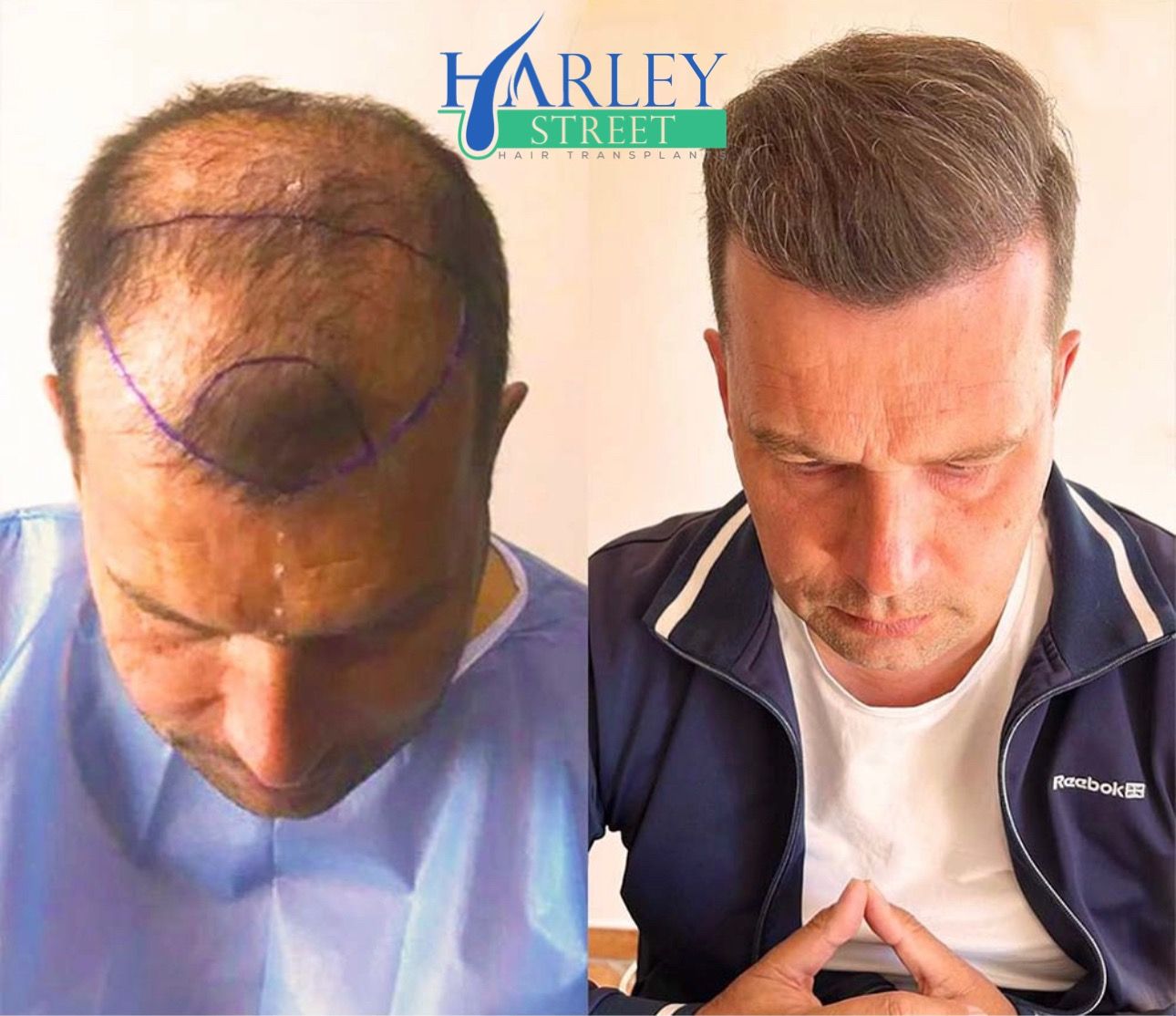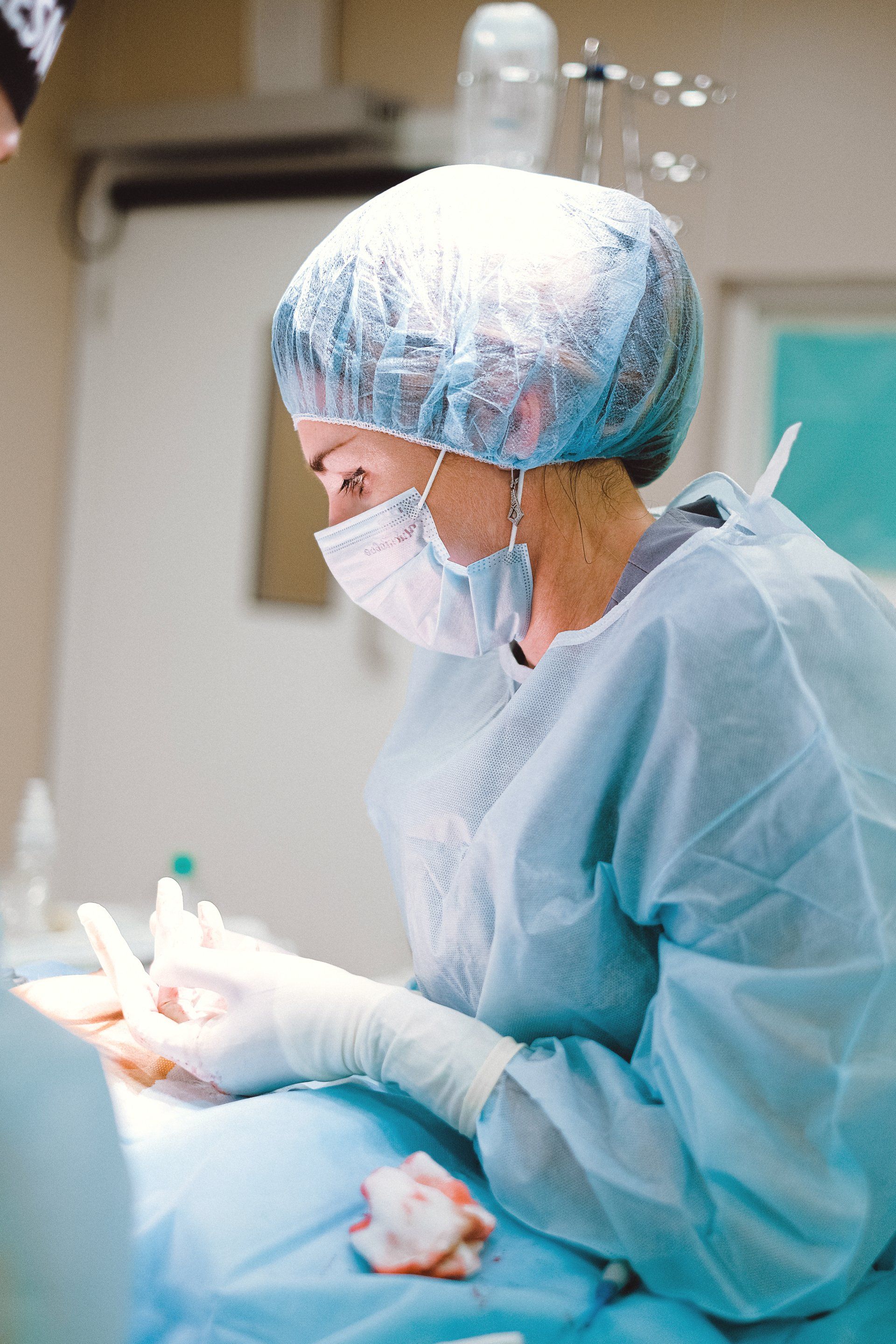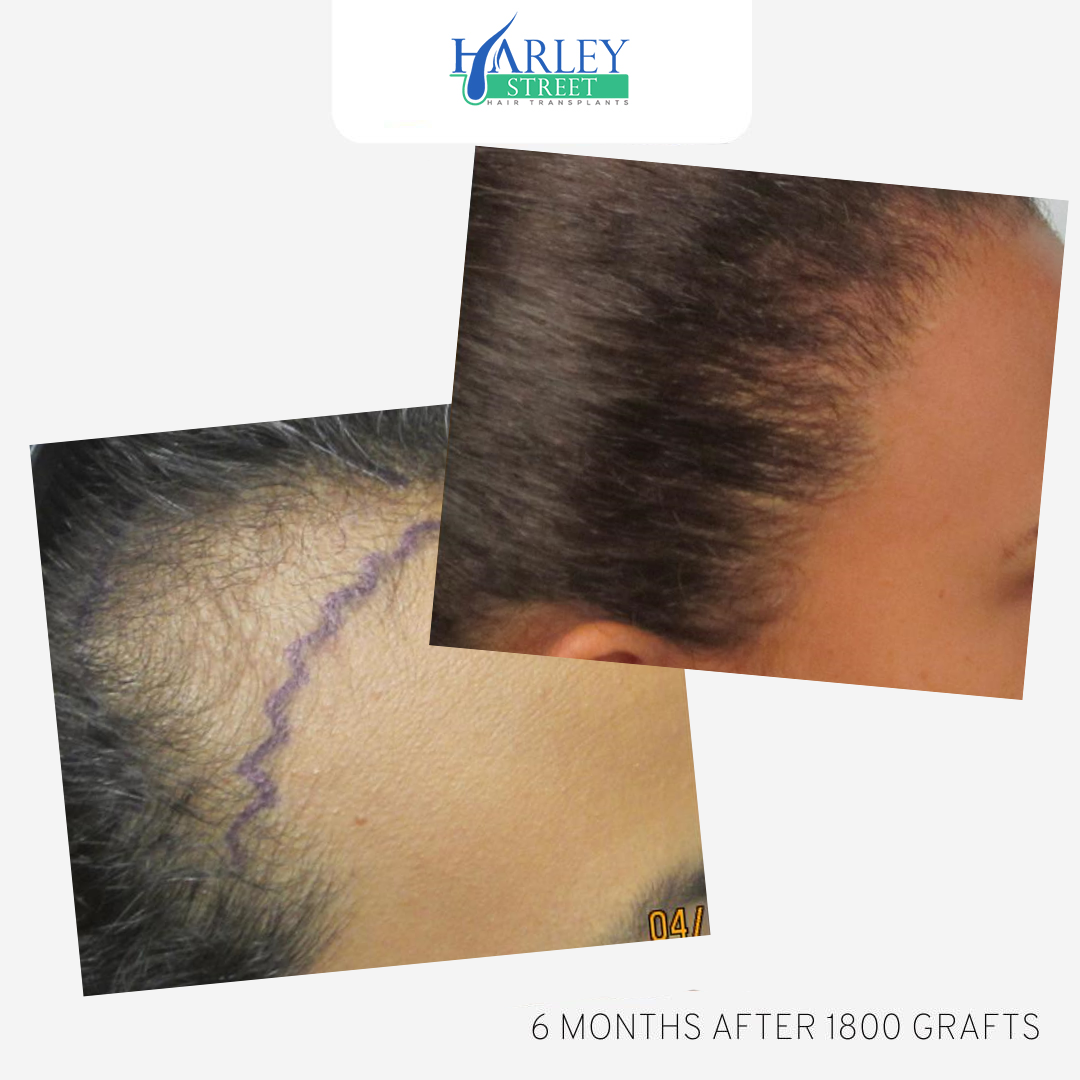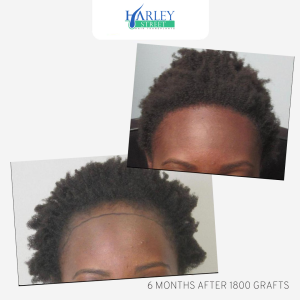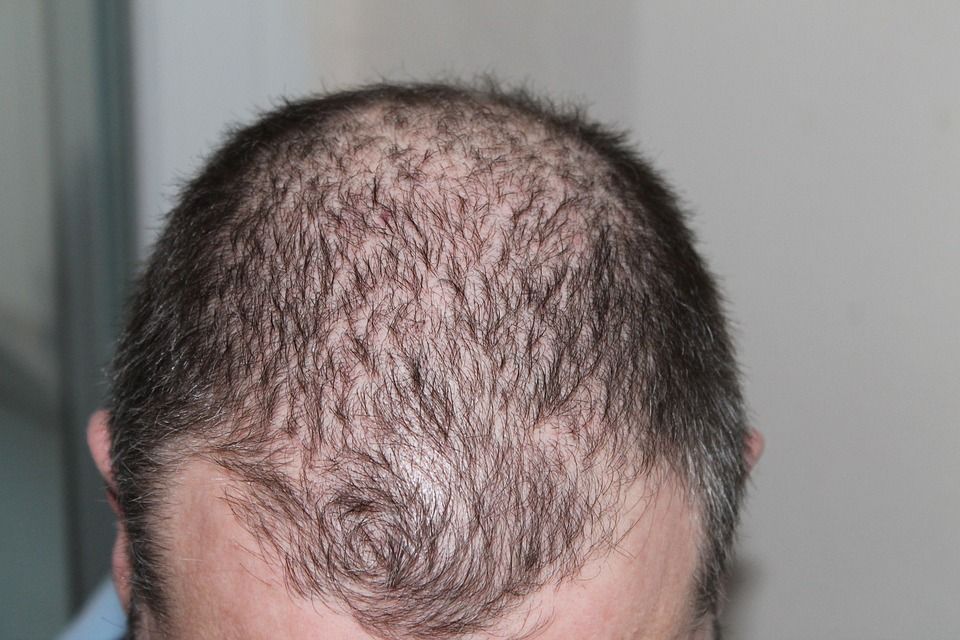Blog Details
HOME > BLOG DETAILS
Can I have a hair transplant with NHS ? What are the risks when having a hair transplant ?

Hair transplant surgery NHS?
Is generally considered a cosmetic procedure and is usually not available on the NHS. The NHS typically provides treatments and procedures that are medically necessary, so cosmetic procedures such as hair transplants are usually not covered unless there is a clear clinical need or if the hair loss is causing significant psychological distress. However, each case can be evaluated on an individual basis, so it's best to consult with a healthcare provider or a GP for advice tailored to your specific situation.
Read more about deciding whether cosmetic surgery is right for you.
If you are considering a hair transplant for cosmetic reasons, you would most likely need to seek treatment through Private clinic, where you would bear the cost of the procedure yourself. It's important to thoroughly research potential providers, ensuring they are reputable and have appropriate qualifications and experience.
Choosing who will do your hair transplant
It's important to find a surgeon who is qualified and experienced in carrying out this type of surgery.
All doctors must be registered with the General Medical Council (GMC) and have a licence to practise.
Check the British Association of Hair Restoration Surgery (BAHRS) website to see if the surgeon is a full or affiliate hair transplant member.
Ask your surgeon:
- about their qualifications and experience
- how many hair transplants they've performed
- how many hair transplants they've performed where there have been complications
- what type of hair transplant they would recommend for you and why
- what sort of follow-up you should expect if things go wrong
- what their patient satisfaction rates are
Read more about choosing who will do your cosmetic procedure.
What are the risks when having a hair transplant ?
Yes, like any surgical procedure, hair transplants come with potential risks and complications. It's important to be informed about these before deciding to undergo the procedure. Some of the risks and side effects associated with hair transplant surgery can include:
1. Infection: As with any surgery, there's a risk of infection at the site of the transplant or donor area.
2. Bleeding: Some bleeding is normal during hair transplant surgery, but excessive bleeding is a potential risk.
3. Scarring: There may be some scarring in the donor area or at the transplant site. The extent of scarring can vary based on the technique used and individual healing characteristics.
4. Swelling: Swelling of the scalp, forehead, and sometimes the eyes can occur, but it typically resolves within a few days.
5. Numbness: Temporary numbness in the treated areas can occur, but this usually resolves over time.
6. Itching: Some people experience itching in the areas involved, which can be relieved with washing or medication.
7. Unnatural-looking hair growth: If the surgery is not performed well, the transplanted hair may look unnatural or not match the existing hair pattern.
8. Folliculitis: Inflammation or infection of the hair follicles (folliculitis) can occur, usually treatable with antibiotics and compresses.
9. Shock Loss: Some existing hair in the treated area may fall out temporarily after surgery, but this often grows back.
10. Failure of grafts to take: Some transplanted hair may not grow as expected, which could require additional sessions for improvement.
Before proceeding with a hair transplant, it's crucial to consult with a qualified and experienced surgeon who can thoroughly discuss these risks, assess your suitability for the procedure, and outline what you can expect in terms of results and recovery.
Contact us today for a free consultation to start your hair transplant journey.
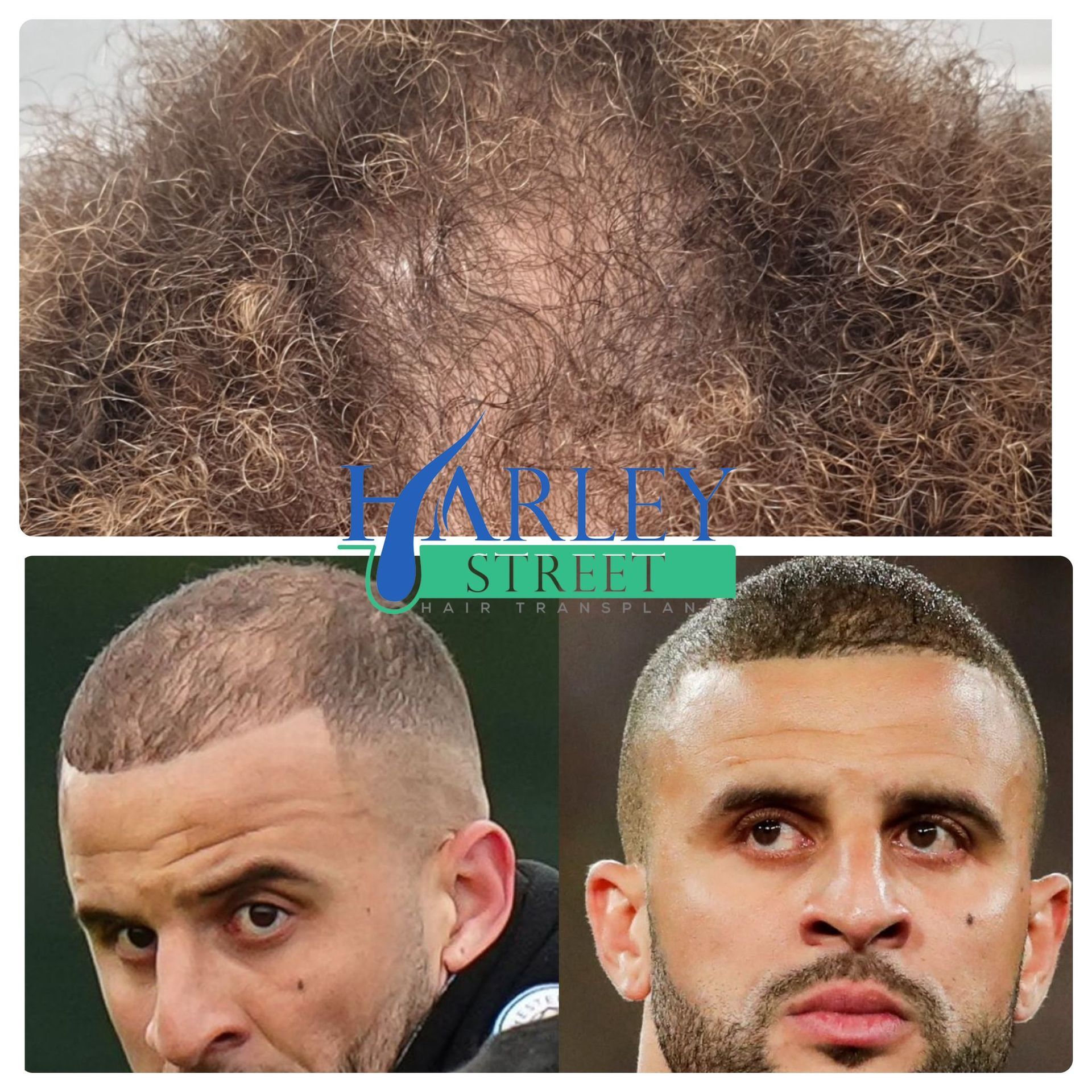
Quick Links
All Rights Reserved

